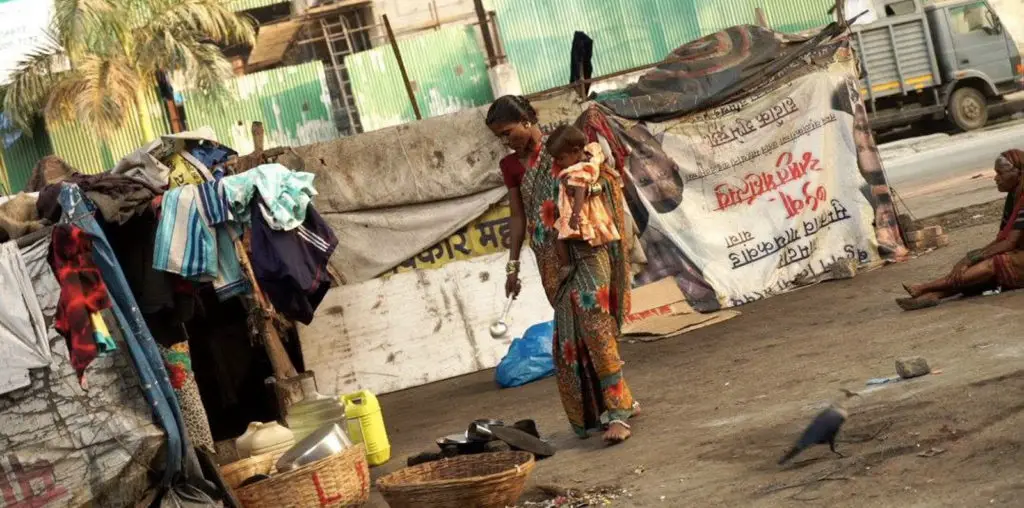
This review was originally published on January 23, 2012…
Elena‘s first two acts are equal parts narrative distance and stylistic finesse, with coldly affecting visuals and a strings-heavy score comprising the latter. This intentional iciness succeeds in creating a brooding, sometimes hostile atmosphere befitting the urban Russian landscape against which the film is set, but for too long it also keeps us at a remove from the goings on.
Call it facility between form and content if you like—Elena and her ailing husband Vladimir are most often seen interacting with one another from opposite sides of a dinner table, and there’s nary a moment of intimacy to be found between them or anyone else—but, even so, Andrei Zvyagintsev’s directorial hand is so even as to be overly restrained. Characters snoop around, scheme, and plan for eventualities with clear enough intentions, but rarely is the full weight of their actions able to shine through.
And then something happens: Elena narrows its focus and shows its true colors, monochrome though they may be. From the moment a tracking shot slowly reveals a horse lying dead near a railway from inside the train speeding past it (a span of several seconds that does more to define and enhance the film’s mood than every scene leading up to it) until film’s end, there’s an urgency to every interlocking scene sorely lacing from the preceding hour. The horse’s death is unexplained and essentially irrelevant in terms of plot, but it doesn’t matter: Elena’s non-reaction is the centerpiece of the scene. The sixty-something woman’s actions are made unpredictable by her inscrutability, a trait defined first and foremost by how unperturbed she often seems in moments such as this. Life in the cold thickens one’s skin, apparently. Both Elena and Elena are oddly wired, and any attempt to understand either must be done on their own terms. Even so, there isn’t always enough there to justify too long a glance.
The dead horse is followed by an apartment-wide power outage that bathes the characters in a chilling blue which immediately signals unease; another long tracking shot then leads us into the woods across the way, where an eruption of senseless violence fulfills our paranoia. In tandem, these skillfully executed moments create a seamless chain of events that grants the film both momentum and grace. The frequent tracking shots in particular mirror the ways in which one thing leads to another seemingly without thought or cause, though a certain dark strain of causality is exactly what’s on display here. Elena ultimately concerns itself with the gradual escalation of a seemingly innocent request into a series of irrevocable actions, few of which feel as unreasonable as they are in the moment they occur.
The film never seems especially interested justifying the most harrowing of these despite the fact that we’re presumably meant to sympathize with the one who carries it out; neither does it emphasize the inherent moral ambiguity coursing throughout. It instead settles its gaze on a group of increasingly unlikable characters as they float through life carelessly and without consequence. The victim of their selfish nonchalance is himself something of a lout, but hindsight reveals him as by far the most put-together, least reprehensible of them all. This alone hardly makes for a satisfying experience, but Zvyagintsev and cinematographer Mikhail Krichman present it with such panache that Elena‘s shortcomings are almost an afterthought.
